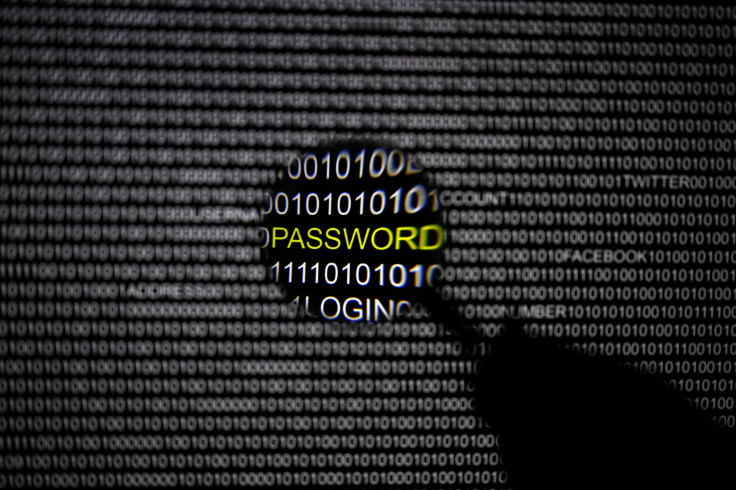FBI Busts Russian-Linked Cybercrime Group Behind Colonial Pipeline Attack Via Chainalysis' Crypto-Tracer
KEY POINTS
- The FBI has identified the culprit behind the ransomware attack against Colonial Pipeline
- The bureau was able to do it with the help of Chainalysis' crypto-tracer software
- Chainalysis has been working with the government in solving crypto crimes
The U.S. Federal Bureau of Investigation (FBI), with the help of blockchain analysis firm Chainalysis, has finally busted the team behind the Colonial Pipeline ransomware attack in May 2021, which turned out to be the Russian-linked cybercrime group DarkSide.
The ransomware attack caused shortages, panic buying and price surges since Colonial had to stop its operation for six days. To resolve the crisis, the gasoline pipeline company paid the malicious actor 75 Bitcoin, which was around $4.4 million at the time, according to Bloomberg.
Malicious actors, or most of them, prefer to do transactions using cryptocurrency because they are hard to trace and users can use pseudonyms or addresses that hide their real identities. But it appears that Chainalysis' crypto-tracer software busted these myths about the anonymity linked to crypto use when it aided the FBI in tracing the entities involved in the incident and where the funds ended up.

A month after the ransomware attack, the U.S. Department of Justice announced that it had recovered almost all the Bitcoin Colonial paid to the hackers. With the crypto-tracer, the bureau was able to pinpoint that the address where Colonial sent the funds is connected to the Russian-linked cybercrime group DarkSide.
"There is no place beyond the reach of the FBI," Deputy Director Paul Abbate said, as per the outlet.
The bust was a milestone for the bureau since it can not only fight cyber crimes and extortion but also enforce the long arm of the law even against those who operate outside the U.S.
But what is this crypto-tracer software and what can it accomplish?
"It's a bit like a street map, but it's a street map without any names of the streets, without any names on the buildings. What we do is provide an overlay, which tells you what street you're on, what building that is," Caroline Malcolm, head of international policy at Chainalysis, said in a statement provided to the outlet.
While the software cannot connect its map to the names of real people, that job is for law enforcement officials who have the skills and ability to connect accounts to their owners using various legal means.
With the phenomenal rise in popularity of crypto comes the parallel surge of crypto crimes, ranging from different kinds of scams, hacks, exploits and attacks, all to steal funds from other people. In fact, Chainalysis disclosed in its mid-year crypto crime update that the "total scam revenue for 2022 currently sits at $1.6 billion, 65% lower than where it was through the end of July in 2021, and this decline appears linked to declining prices across different currencies."
The fall in the crypto crime rate could be attributed to the drop in the number of people falling into these maliciously designed schemes, according to the blockchain analysis firm.
Chainalysis' crypto-tracer software comes in handy in solving crypto crimes and tracing the culprits. But with a tool this powerful, privacy advocates have another issue to fear, criticize and argue about.
© Copyright IBTimes 2025. All rights reserved.






















